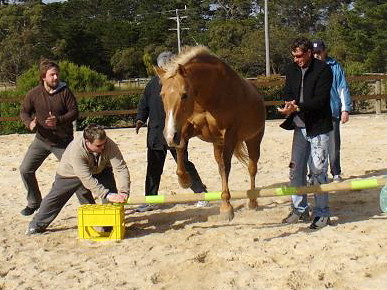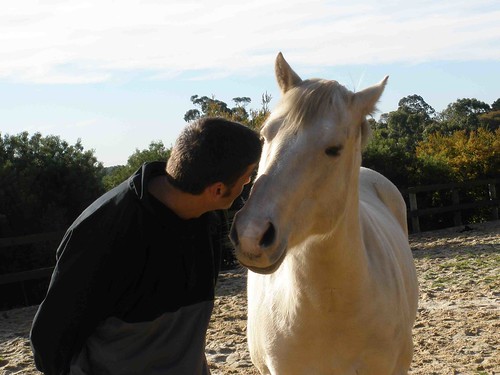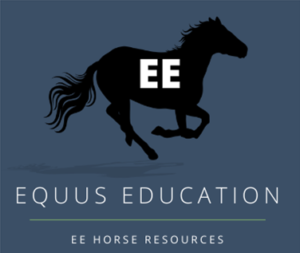Today is Blog Action Day; this year’s topic being Water. Blog Action Day is an initiative to raise awareness on topics that are important globally. Consider taking the time to sign the petition with regards to providing water to those in need.
Water is very much a relevant topic to horse owners. An important source that isn’t inexhaustible, being water wise with regards to one’s property is a wonderful skill to have and something to strive toward.
There are many ways you can take advantage of water on your property and try to get the most out of it. Some include:
- planting treesin windbreaks that are drought tolerant
- using trees along fence lines can also help to stop soil erosion from water running down the property
- establish dams in areas where rain is known to travel down to
- establish dams or other large water areas on the property where northerly winds can travel across them first and then the rest of the property
- this will assist in cooling down the breeze as it continues across the property
- make use of water run off or opportunities to collect wasted water
- whether this is from gutters, water from the washing machine after washing horse rugs or excess water in the shower, this water can be used on plants on the property that provide fodder, shade and wind breaks
Water is such a vital resource that can’t afford to be wasted. Consider how you can maximise it on your property.
___________________________________________________
Last year Blog Action Day focused on Climate Change – check out the Equus post ‘Climate Change Effects for Horse Owners’
“You can lead a horse to water, but you can’t make him drink.”



